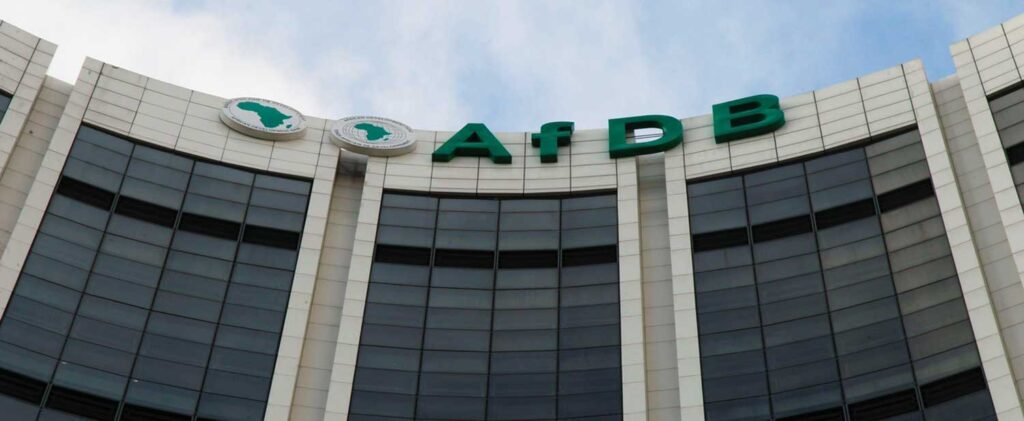- With 65% of the global uncultivated arable land located in Africa, AfDB says there is potential for the continent to feed itself and the rest of the world.
- The lender is now committing to focus on securing long-term financing for research activities and enhancing researcher CGIAR’s effectiveness across the continent.
- AfDB and CGIAR also anticipate engaging in capacity building for country-based national agricultural research services partners, young scientists, extension workers, and private-sector seed growers to produce certified seeds.
The African Development Bank Group (AfDB) and the Consortium of International Agricultural Research Centres (CGIAR) have committed to enhancing food security through improved production to offer better nutrition for Africa’s growing population.
This commitment involves strengthened collaboration between the parties, leveraging the robust arable land the continent possesses. “With 65 percent of the global uncultivated arable land, we believe that the continent can feed itself and the rest of the world,” AfDB states in a statement.
AfDB and CGIAR are committing to focusing on securing long-term financing for research activities and enhancing CGIAR’s effectiveness across the continent.
They also anticipate engaging in capacity building for country-based national agricultural research services partners, young scientists, extension workers, and private-sector seed growers to produce certified seeds.
Reforming CGIAR to make its work relevant
AfDB has played a key role in the process of reforming CGIAR to make its work relevant and sustainable in Africa.
“I was pleased with the reforms at CGIAR, and we must ensure that it is held accountable for results, which must be at scale. We must unlock Africa’s agricultural potential and deploy technologies to millions of African farmers,” said AfDB President Dr. Akinwuni Adesina, adding, “I have made agriculture central to the work of this bank and central to the future of our continent.”
He added that the AfDB, with the approval of its board of directors, could consider including CGIAR in its long-term lending program to countries.
Read also: USAID and EAGC ink partnership to foster food export competitiveness in East Africa
Food security for Africa’s growing population
“This is because they have the local knowledge, experience, and networks, and are better placed to work with national institutions to combat climate change and increase productivity and food security,” Dr Adesina notes.
“The Bank is also keen to work with the consortium to expand its work on capacity development for young scientists and farmers.”
On its side, the delegation expressed their readiness to assist the Bank’s regional member countries in implementing the outcomes of the Dakar 2 Food Summit, which the Bank, the African Union, and the government of Senegal jointly convened.
The January 2023 summit was attended by 34 Heads of State and Government, 75 ministers, and heads of development partners. To date, it has mobilized over $70 billion in an unprecedented global effort.
Leading the delegation, CGIAR Regional Director for Continental Africa and Director-General of the International Institute of Tropical Agriculture (IITA), Dr. Simeon Ehui, said AfDB has been a long-standing partner of the CGIAR in providing technology, a reason they believe that the bank’s support will continue and increase.
The Director-General of the AfricaRice Centre and CGIAR Regional Director for West and Central Africa, Dr. Baboucarr Manneh, commended the African Development Bank for continuing to support the institution with rice-based technologies for farmers.
“The Bank’s support for the New Rice for Africa (NERICA) varieties has led to the expansion of rice production in some African countries. We now have more than two million hectares of rice,” Manneh said.
Manneh added that the Bank has also supported AfricaRice through the Technologies for African Agricultural Transformation (TAAT) Rice Compact, which has greatly impacted food productivity in many countries on the continent.
TAAT is a proven approach to scaling up technology. It is delivering significant results for wheat in Ethiopia and Sudan and for maize in Kenya and southern Africa.
Following the success of TAAT phases I and II, Adesina announced that the Bank plans to roll out phase III. The lender together with the AfricaRice center, recently launched the $650 million Regional West Africa Rice Development (REWARD) program in 15 West African countries.
The program will involve one million farmers cultivating up to 750,000 hectares of land to produce 53 million tons of rice over five years. CGIAR centers are located across African countries and focus on enhancing food and nutrition security, reducing poverty, and improving natural resources and ecosystem services.
They are critical to achieving food security on the continent, just as their counterparts in Southeast Asia and Latin America were also key to accelerating agricultural growth and food self-sufficiency.
Read also: Africa is the Place to Invest – Jeffery Sachs agrees with AfDB report
